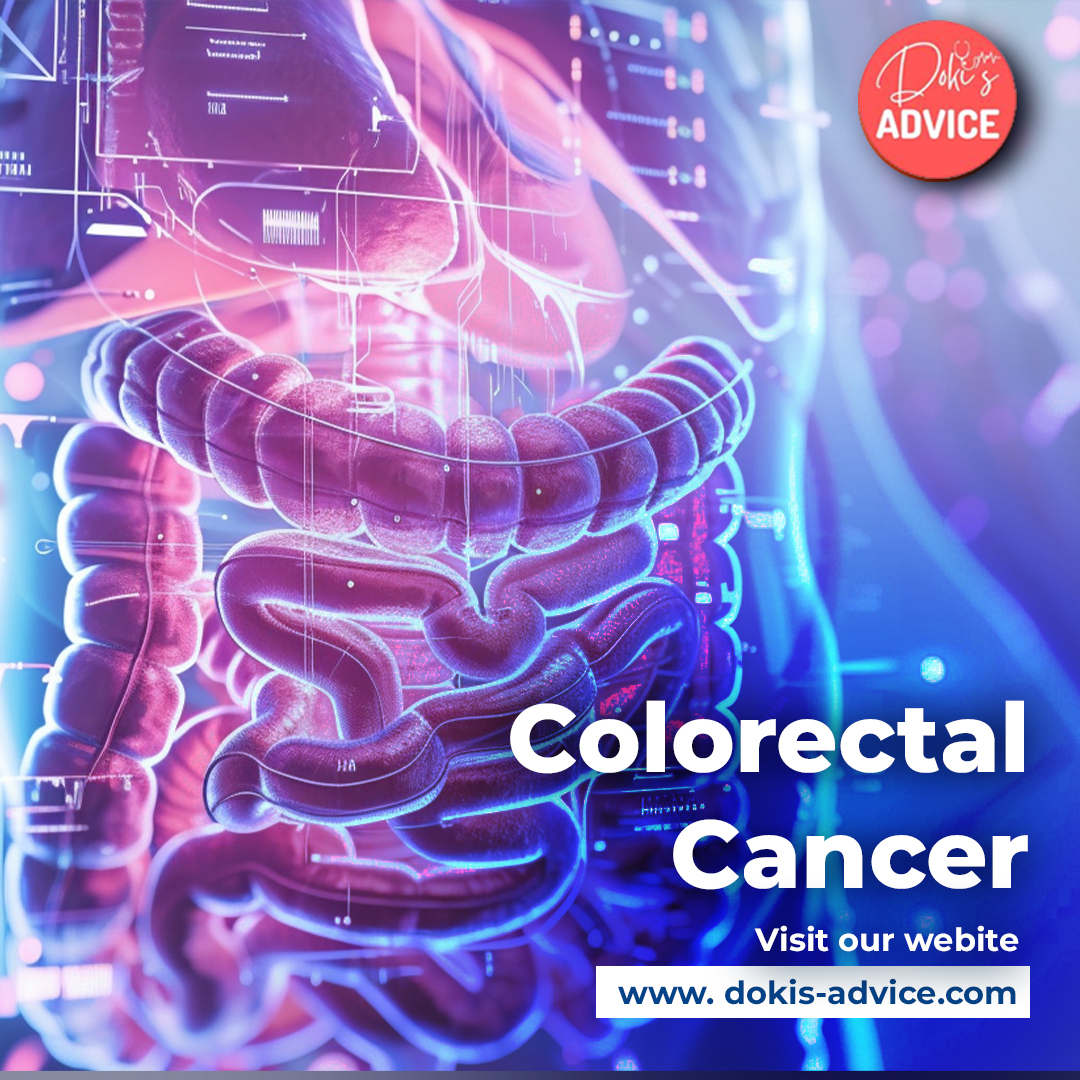Colorectal Cancer

This is a malignant tumour found in the lining of the large intestines up to the rectum.
The large intestine is known for its role in the digestive system to absorb water and remove waste from the food we eat.
Colon and rectal cancer mostly occur at older age, but by a particular number of people who have certain gene mutations, this cancer can occur at an early age, for example, at 30 without them realising it.
Colorectal cancer is the third most common cancer in the world and the second leading cause of death globally.
According to the data required from Globocan, there were an estimate of 1,354 new cases and 937 deaths from colorectal cancer in Kenya in 2018. Other data sources have noticed that there is a rise in colorectal cancer cases in Kenyan rural areas and that it is the fifth most common cancer in sub-Saharan Africa.
Let’s delve into factors that increase the risk of colorectal cancer:
- Genetic Factors:
- Such as familial disposition
- Familial polyposis syndrome: Families with this syndrome tend to have the growth of many polyps along the large intestines at a very young age. These polyps can with time, go through genetic mutations, causing them to be cancerous and hence leading to early-stage colorectal cancer. To note, with this syndrome, the growth of polyps can also occur in any part of the intestines.
- Hereditary nonpolyposis colorectal cancer syndrome: This is also another genetic disease that increases the risk of colorectal cancer.
- Eating habits and lifestyle:
- Smoking and excessive drinking of alcohol.
- Obesity
- Low fibre or high fat diet
- Red meat or processed meat and foods
-Some protective factors would be:
- Exercise
- Eating foods rich in fibre, vegetables, and less meat
- Maintaining healthy weight
Now that we know the risks and protective factors, let’s have a look at the signs and symptoms of colorectal cancer:
- Most of the time, there are no characteristic early symptoms
- A constant change of bowel movements from Obstipation and diarrhoea
- Rectal bleeding: this can either be visible blood or non-visible, meaning it can only be detected by doing a faecal occult blood test.
- Persistent abdominal discomforts such as cramps passing gas or pain
- Unexplained weight loss within a short period of time
- Feeling like the bowl isn’t completely empty even after passing stool.
- Fatigue and weakness
- Unexplained Anaemia
So how do we diagnose colorectal cancer?
- A basic diagnostic is performing a digital rectal examination from your doctor. This is used to detect palpable Tumours just near or around the rectal and anal regions.
- Complete colonoscopy with biopsy: This is an examination of the whole large intestine with the possibility of taking biopsy samples to pathologically test the sample for tumours type.
- Rectoscopy for rectal cancer diagnosis.
- CT-Scan for staging purposes: is the tumour metastasized? if yes to what organs.
- Lab tests for tumour markers such as CEA as a control value especially while doing chemotherapy and years after remission.
- MRI-Scan: mostly in regard of rectal cancer.
After a proper diagnosis of colorectal cancer the next step would be to discuss with your oncologist and surgeon what the individual therapy plan will look like. This is determined by factors like
- how physically fit is the patient prior to therapy,
- is the patient eligible for surgery or not,
- size of the tumour
- is the tumour only at one spot or several spots in the bowel?
- does the tumour have certain genetic changes?
- Is prior Radio-chemotherapy necessary or not.
-Let have a look at the different therapy options
- Surgery: This is the option for tumours that are just locally on one spot or multiple tumours localised on the same segment of the large intestine. Some tumours could have spread to the liver but could still be operable when the metastasis is either singular or multiple but localised in the same area. Such factors would have to be considered by your surgeon.
- Chemotherapy: Some Tumours could be so large that prior chemotherapy is required to shrink them to an operable size.
- Radiotherapy: This is mostly done on rectal cancers since colon cancers are insensitive to radiation.
Which therapy regime each patient needs depends on some of the factors noted above. Some may need a Stoma bag after an operation. This will also be discussed with you during the planning stage for the therapy needed.
As always, seek medical advice and keep it Doki’s Advice for more info gems.

